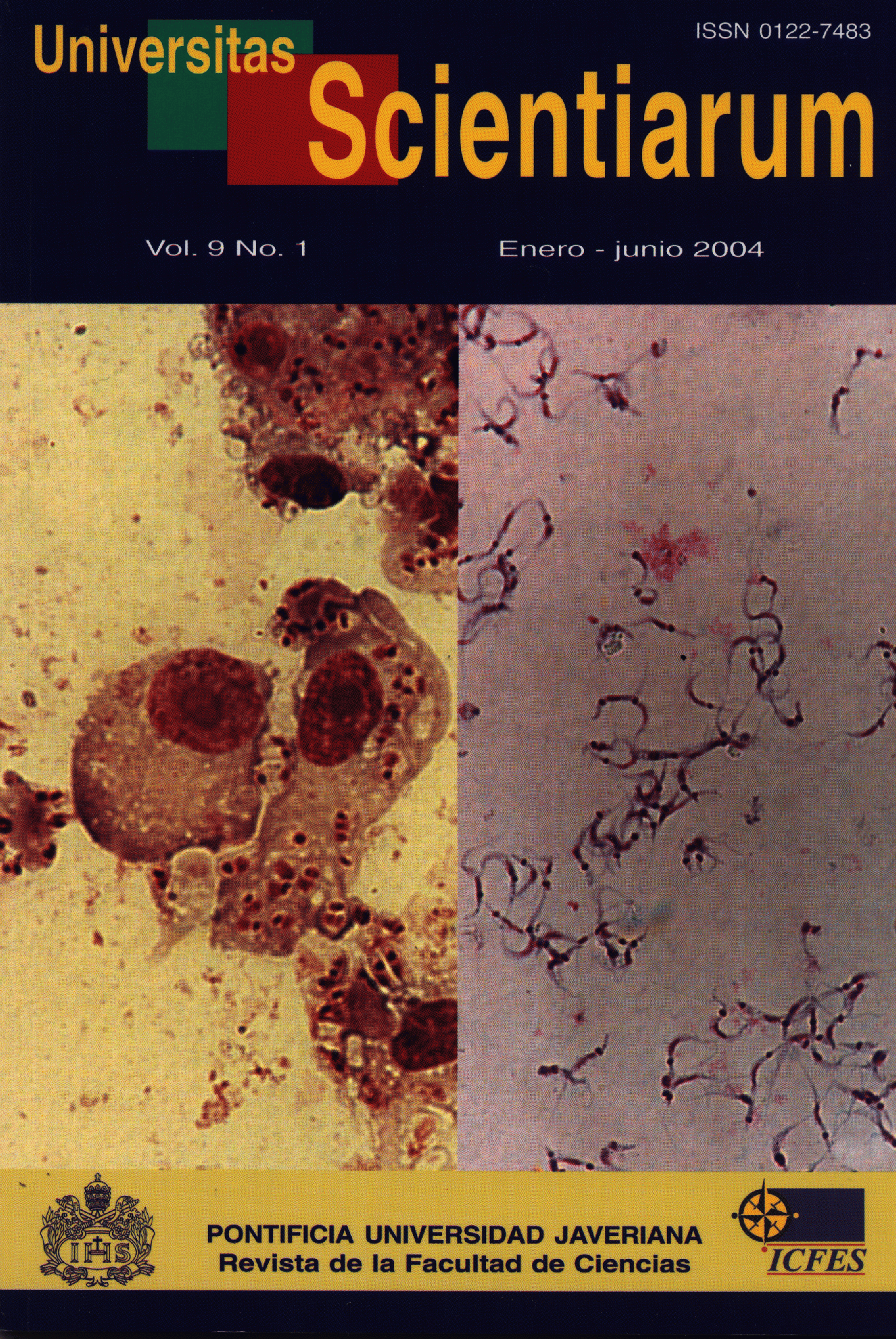Abstract
In order to understand the biological function of the molecules that form living beings, it is necessary to know their three-dimensional structure, because this verifies that the function depends more on the space distribution that on its components. The objective of the present work is to determine the fitohormona structure. One of the methods that exists to determine these structures is the magnetic resonance nuclear pulsation which was chosen for this work. This method differs from the resonance of continuous wave in the fact that the variable magnetic field is applied in form of pulses and its amplitude cannot be considered like a perturbation to the system. The determination of the structure requires the taking the unidimensionales spectra of H1, C13 and the Distortionless Enhacement by Polarization Transfer (DEPT); the last one is a sequence of pulses that allows to differentiate between carbons with three, two and one hydrogen. With the aid of the C13 spectrum it is also possible distinguish the carbons that are not connected with any hydrogen. In addition to these, the following bidimensional spectra were necessary: 1) Heteronuclear Multiple Quantum Correlation (HMQC) which correlates hydrogens with carbons that are connected; 2) Heteronuclear Multiple Bond Correlation (HMBC) that correlates carbons with hydrogen’s that have two or three links; 3) Correlation Spectroscopy (COSY) which shows the correlation between hydrogen’s that have two or three links; and 4) Nuclear Overhauser Effect Spectroscopy (NOESY) which correlates hydrogen’s that are distant from each other less than 5 Å. From the data obtained from the analysis of these spectra the model of fitohormona, which resulted from the work, was deduced.Univ. Sci. is registered under a Creative Commons Attribution 4.0 International Public License. Thus, this work may be reproduced, distributed, and publicly shared in digital format, as long as the names of the authors and Pontificia Universidad Javeriana are acknowledged. Others are allowed to quote, adapt, transform, auto-archive, republish, and create based on this material, for any purpose (even commercial ones), provided the authorship is duly acknowledged, a link to the original work is provided, and it is specified if changes have been made. Pontificia Universidad Javeriana does not hold the rights of published works and the authors are solely responsible for the contents of their works; they keep the moral, intellectual, privacy, and publicity rights. Approving the intervention of the work (review, copy-editing, translation, layout) and the following outreach, are granted through an use license and not through an assignment of rights. This means the journal and Pontificia Universidad Javeriana cannot be held responsible for any ethical malpractice by the authors. As a consequence of the protection granted by the use license, the journal is not required to publish recantations or modify information already published, unless the errata stems from the editorial management process. Publishing contents in this journal does not generate royalties for contributors.



